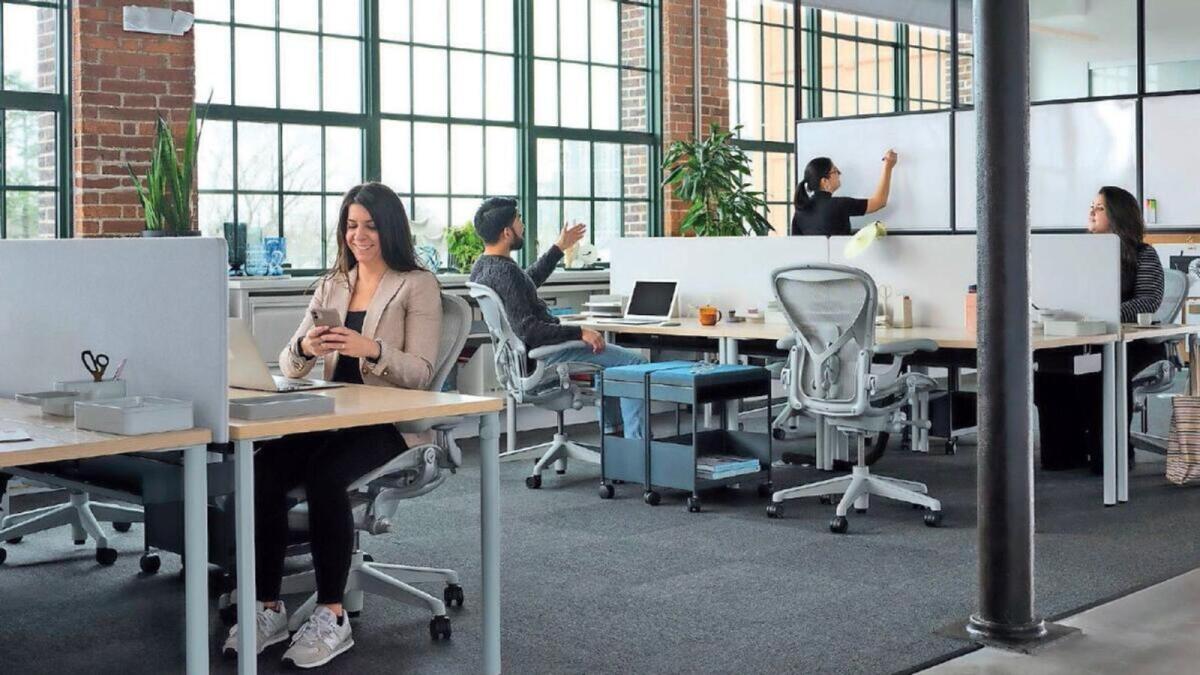The growing trend of co-working spaces in the UAE, especially in Dubai, has been highlighted in a new survey conducted by the Gensler Research Institute. The survey revealed that 66 per cent of UAE employees work from co-working spaces, third spaces, or on-site at client offices. This trend reflects the changing dynamics of work environments and the increasing importance of flexibility for employees. The study also found that top-performing workplaces are often located in amenity-rich neighborhoods and offer diverse spaces such as libraries, cafes, outdoor areas, and co-working spaces.
A key finding from the survey was that exceptional workplaces provide employees with a choice in where they work within the office, granting them autonomy and promoting a higher sense of value and engagement. This shift towards flexible work environments is crucial for the next evolution of work and requires organisations and leaders to focus on designing high-performing spaces for people to work at their best. According to Janet Pogue McLaurin, the global director of Workplace Research at Gensler, it is time to redefine workplaces and move beyond just returning to the office.
The survey was conducted through an anonymous, panel-based survey of over 16,000 full-time global office workers across 15 countries, including the UAE. Respondents were distributed across various industries and represented a broad cross-section of company sizes, roles, ages, and geographies. The study found that 17 per cent of the UAE workforce works from home, while 49 per cent are back in their office. Additionally, nearly half of the respondents work from the office, with 71 per cent stating that being in the workplace is essential for maximizing productivity.
UAE workers were identified as the second most engaged among the 15 countries surveyed, spending a significant amount of time working with others, learning, or socializing. The country ranked third in exceptional workplaces, with over 96 per cent of employees in high-performing workplaces reporting control over how they manage their time at work. Furthermore, the survey revealed that 97 per cent of the most engaged employees are likely to stay with their company next year, highlighting the importance of employee engagement and satisfaction in achieving retention goals.
In conclusion, the survey’s findings emphasize the importance of creating work environments that offer flexibility, autonomy, and diverse spaces for employees to thrive. As the nature of work continues to evolve, organizations need to adapt their thinking and design innovative workplaces that cater to the needs and preferences of their employees. By prioritizing employee engagement and providing a conducive work environment, companies can create a positive and productive workplace culture that fosters loyalty and long-term commitment among their workforce.











